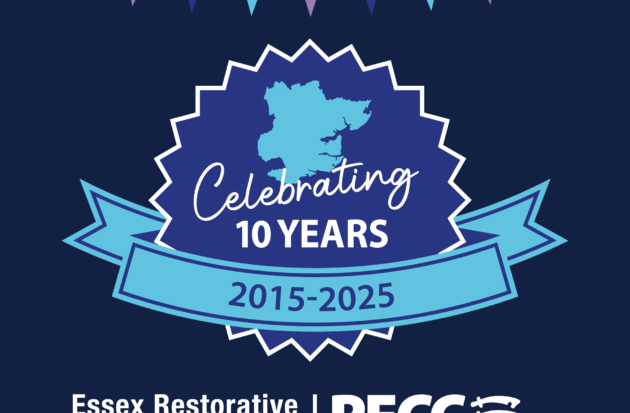Case study - 10 years of Essex Restorative and Mediation Service

Mediators are helping victims of crime to feel heard in the criminal justice system.
This year, the Essex Restorative and Mediation Service is celebrating ten successful years of supporting people and businesses in the county.
The Essex Restorative and Mediation Service launched in April 2015 to compliment the work of organisations such as the police and Victim Support, giving those affected an opportunity to meet or communicate with those who have caused them harm.
While both parties are invited to volunteer to take part, there is no obligation to communicate even if one side is keen to find a resolution together.
If the perpetrator is not happy to be involved, mediators continue to work with the victim to ensure they get any further information or answers they can from the process.
For one victim, who was introduced to ERMS by her victim liaison officer, it was an opportunity to put her views across to the prison service when her perpetrator refused to communicate with her.
She said: “I wanted to see him face-to-face to find out if he’d then become accountable for it. Even though he denied the offence, I would have liked to have gone through the restorative justice process and looked him in the face to ask him why. The fact he is still denying says a lot.
“I liked the one-to-one meetings with the facilitators who came round. They were superb and I felt I was being listened to. They always kept me updated and were very good.”
Emma Goddard, ERMS manager, said: “Our facilitators can help you, even if the other party does not want to engage in the process. There is some misconception that successful restorative justice means a face-to-face meeting. Actually, successful restorative justice means ‘real’ access to the process for the victims, and even if the other person doesn’t engage, that in itself can provide an answer.”
PFCC Roger Hirst said: “Knowing you can have the opportunity to pose your questions, to get your answers and have your say is a powerful tool. Whether that comes from a face-to-face meeting with your perpetrator or by having your own person – a ERMS mediator – who can keep you informed and bring some resolution to your journey, this service can offer a vital sense of control and give you a voice when you need it the most.”
To mark ten years since the start of the service, a birthday party is to be held in November – during International Restorative Justice Week – where 100 people will come together to hear from guest speakers about the importance of restorative justice and mediation.
Visit Home - Restorative Justice for more.
